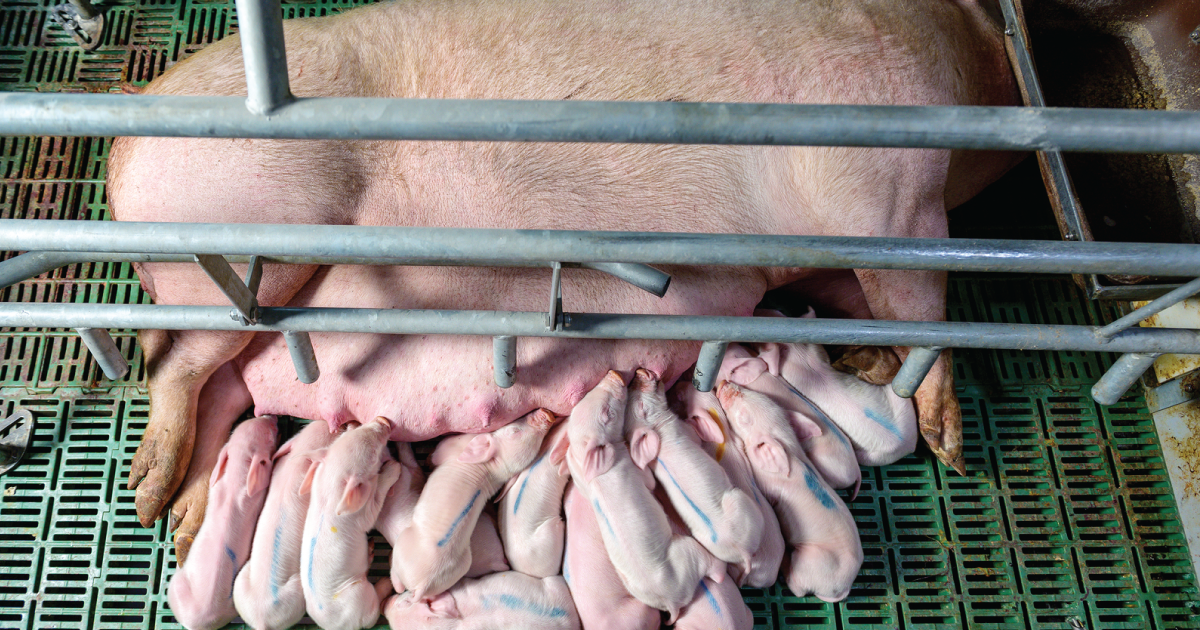
The Rural Resistance Against Cheap Meat Production
When Anthony Castle moved to rural Rockwell City, Iowa, he pictured working on cars outside while his 6-year-old daughter, Hannah, played in the yard nearby. Castle’s house is on a secluded stretch of one of Calhoun County’s many narrow, unpaved roads that crisscross the cropland grid and, in winter, accumulate snow that no one bothers to clear. He and his wife Tiffany bought the fixer-upper in 2017, and he moved in a month ahead of the family to rewire it.
March 3, 2020 | Source: Civil Eats | by Lisa Held
Around the country, people are banding together across the aisle to push for moratoriums on industrial animal agriculture.
When Anthony Castle moved to rural Rockwell City, Iowa, he pictured working on cars outside while his 6-year-old daughter, Hannah, played in the yard nearby.
Castle’s house is on a secluded stretch of one of Calhoun County’s many narrow, unpaved roads that crisscross the cropland grid and, in winter, accumulate snow that no one bothers to clear. He and his wife Tiffany bought the fixer-upper in 2017, and he moved in a month ahead of the family to rewire it.
Then, about six months later, Castle, 32, received a notice that Iowa Select Farms, the largest pork producer in Iowa, was building a confined hog farm about a mile away from the house.
Now, when he looks out his front window, he sees a cluster of massive buildings surrounded by a barbed wire fence. According to public records, the facility can house nearly 7,500 hogs in its three barns. The largest barn, for sows and their newborn piglets, is 100,000 square feet, about twice the square footage of the White House. Manure from a shallow pit beneath it will drain into deeper pits beneath two adjoining buildings, home to pregnant sows. Each of those 12-foot-deep pits is longer than a football field and about the same width. After accumulating in the pits, the waste will be spread on the surrounding farmland.
